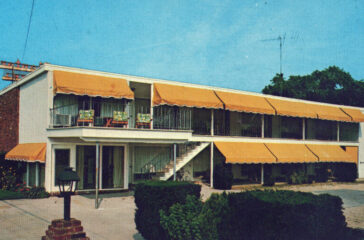
Black history

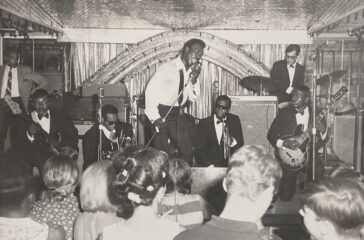
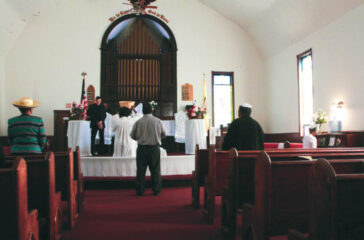
Feature
Bound by Family and Faith: The Story of the Allen A.M.E. Church
When two or more African American women are gathered together in Cape May, they almost immediately start talking about their cousins. In fact, they probably are cousins. They might be second cousins twice removed, or first cousins on their grandmothers’ side, or they might actually be aunts and nieces. But […]
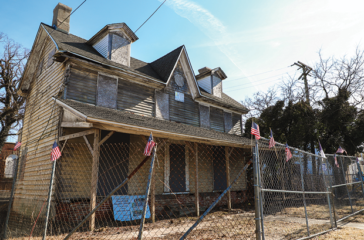
Feature
Freedom’s Corner
In the tense years before the Civil War, when heated debates about slavery resonated in the halls of Congress, when churches increasingly denounced its evils, when free blacks were beaten in northern cities, when thousands of courageous, determined people managed to free themselves and escape north, Cape May was deeply embroiled in this struggle for freedom.
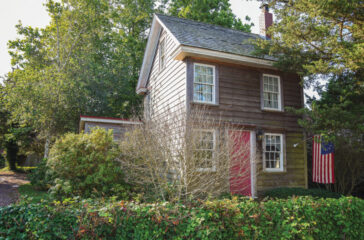
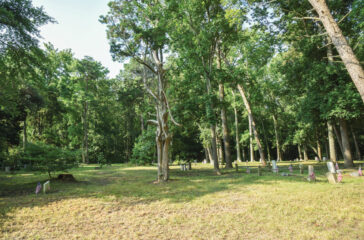
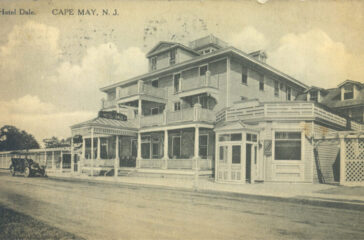
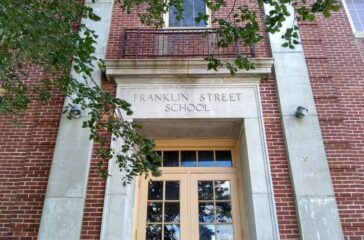
Feature
Past, Present and Future of the Franklin Street School
The history of the Franklin Street School, built in 1928 for the African American grade school children of Cape May.
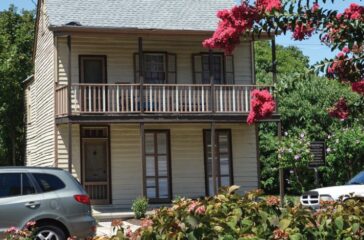
Feature
A Prompt for Restoration
A year ago, Ron Goldstein, then president of Cape May’s Chamber of Commerce, knew little about Stephen Smith and the summer home he built on Lafayette Street in 1846. And whenever Goldstein passed it on his way downtown, he could barely see the building behind the shrubs and trees that […]
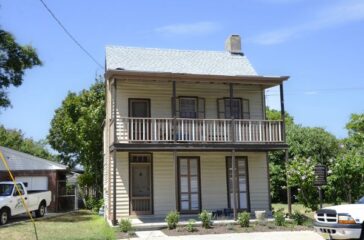
Feature
Stephen Smith: Cape May’s Underground Railroad Leader
You’ve probably walked past the unimposing pale yellow house at 645 Lafayette Street many times, and perhaps you read the historical marker out front—the one saying that Stephen Smith was a businessman, philanthropist, abolitionist and founder of Cape May’s AME Church. But what you didn’t know is that Smith, who […]
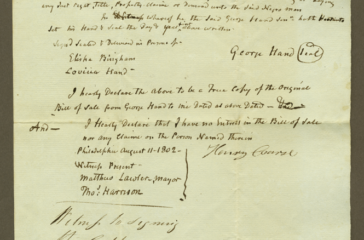
Feature
The Tale of William Coachman: Kidnapped In Cape May and Sold Into Slavery
Many people have seen the movie Twelve Years a Slave, the true story of a free black man from New York, lured to Washington, D.C. by slave traders and sold into bondage in 1841. But few people know that such things happened right here in Cape May. In the years […]
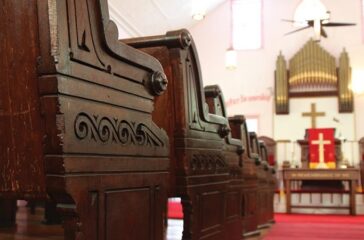
Feature
To Worship & Preserve
“In August of 1892, the religious society and congregation of Colored Baptist[s] living in the City of Cape May met for the purpose of organizing a Colored Baptist Church. These assemblies of believers were recognized by the West New Jersey Association, and on Dec. 23, 1895, the Macedonia Baptist Church […]
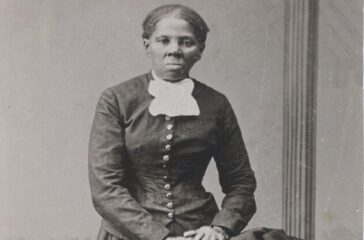
Feature
Harriet Tubman’s Cape May Connection
“She came to Philadelphia, and worked in hotels, in club houses, and afterwards at Cape May. Whenever she had raised money enough to pay expenses, she would make her way back, hide herself, and in various ways give notice to those who were ready to strike for freedom.”
